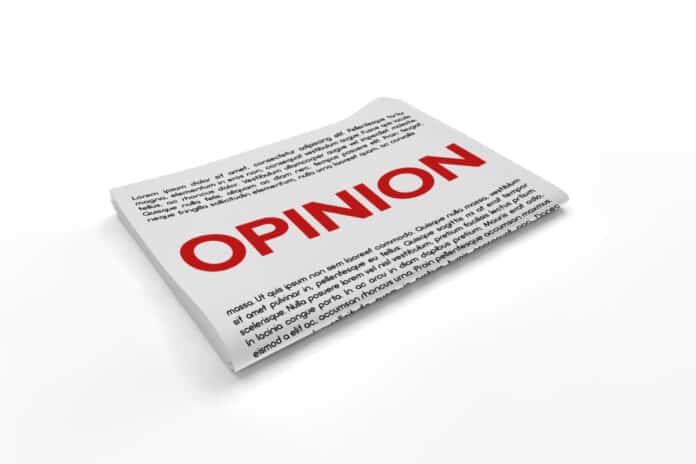Who doesn’t love a tax cut? Elected officials in line to take credit for them might be the biggest fans, particularly in an election year.
That’s why the hesitancy expressed by leadership in the Indiana Senate is worth heeding. Instead of rushing headlong into a tax-cut proposal pushed by the House GOP caucus, Senate Majority Floor Leader Mark Messmer said the discussion should wait for the 2023 budget session. The effects of federal COVID relief and stimulus programs flowing to Indiana have undoubtedly fueled more spending and state tax revenue.
“We can’t predict where the revenues will settle,” Messmer said. “We’ll obviously look at the revised forecast in December and consider anything the House sends to us, but we’re not looking at cutting taxes at this point.”
Most lawmakers haven’t been around the Statehouse long enough to remember how quickly the state’s fortunes can turn. Indiana was flush with cash when Gov. Frank O’Bannon delivered $1.2 billion in tax relief. The attacks of Sept. 11, 2001, soon followed. Indiana lost 120,000 jobs, and tax revenue dropped. The state was forced to make painful cuts in services.
In spite of the pandemic, there’s no argument the state is financially sound. The close of the fiscal year June 30 revealed a nearly $4 billion surplus, and tax revenue for the first four months of the current fiscal year is running more than $500 million above estimate.
But the budget surplus has already triggered the automatic taxpayer refund prescribed in state statute. About $550 million will go to Hoosiers filing income tax returns, while another $550 million goes to pension relief. On the taxpayer refund, single filers are likely to see a tax credit of about $170, while those filing a joint return will see about $340.
But that’s not enough for House Speaker Todd Huston, who said at a legislative preview luncheon that his caucus is considering an income tax rate reduction or additional tax credits.
The state’s current rate is 3.23% – lower than all of its neighboring states. The sales tax rate, considered a regressive tax, is 7% in Indiana – higher than all neighboring states.
“We’ll have a bill that makes sure at the end of the day we’re giving money back to Hoosier taxpayers,” Huston said.
Gov. Eric Holcomb’s comments suggest he favors a more thorough discussion of tax cuts. The 2023 budget session is better suited for that discussion. It allows more time for the uncertain economic effects of the recession to play out. It also allows more time for Hoosiers to weigh in on tax policy.
Billions of federal tax dollars have been pumped into the Indiana economy over the past two years. Allowing some time for the effects of spending those dollars is in line with the cautious approach Indiana residents are known for.




